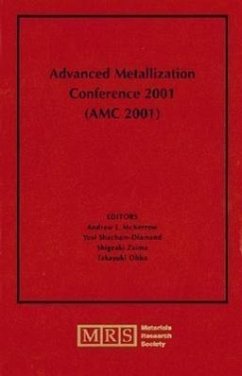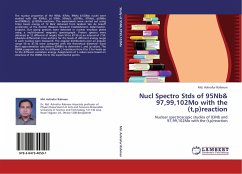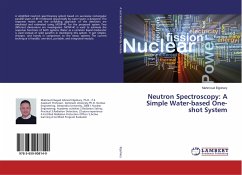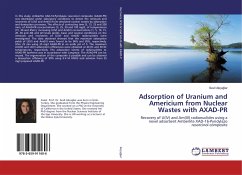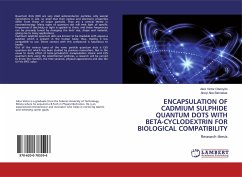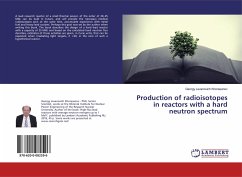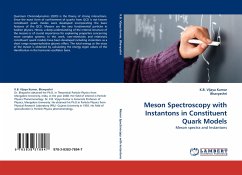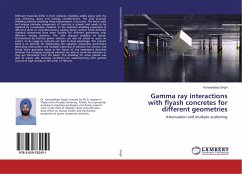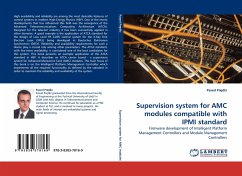
Supervision system for AMC modules compatible with IPMI standard
Firmware development of Intelligent Platform Management Controllers and Module Management Controllers
Versandkostenfrei!
Versandfertig in 6-10 Tagen
32,99 €
inkl. MwSt.

PAYBACK Punkte
16 °P sammeln!
High availability and reliability are among the most desirable features of control systems in modern High-Energy Physics (HEP). One of the recent developments that has influenced this field was the emergence of the Advanced Telecommunications Computing Architecture (ATCA). Designed for the telecom industry it has been successfully applied in other domains. A good example is the application of ATCA standard for the design of Low Level RF (LLRF) control system for the X-Ray Free Electron Laser (XFEL) being developed in Deutsches Elektronen Synchrotron (DESY). Reliability and availability require...
High availability and reliability are among the most desirable features of control systems in modern High-Energy Physics (HEP). One of the recent developments that has influenced this field was the emergence of the Advanced Telecommunications Computing Architecture (ATCA). Designed for the telecom industry it has been successfully applied in other domains. A good example is the application of ATCA standard for the design of Low Level RF (LLRF) control system for the X-Ray Free Electron Laser (XFEL) being developed in Deutsches Elektronen Synchrotron (DESY). Reliability and availability requirements for such a device play a crucial role among other parameters. The ATCA standard, with five-nines availability, is considered one of the best candidates for this system. This book presents an example application of the ATCA standard in HEP. It describes an ATCA carrier board - a supervision system for Advanced Mezzanine Card (AMC) modules. The main focus of this book is on the Intelligent Platform Management Controller which implements all the required funcionality as defined by the standard in order to maintain the reliability and availability of the system.




